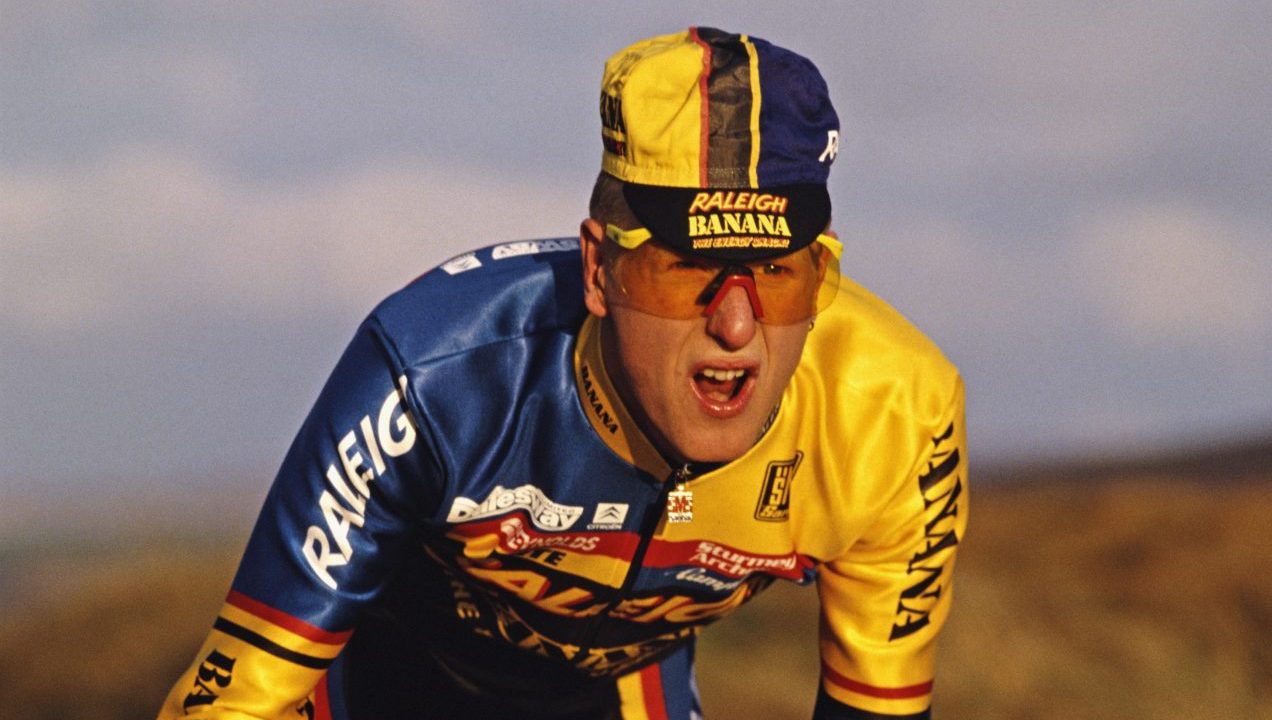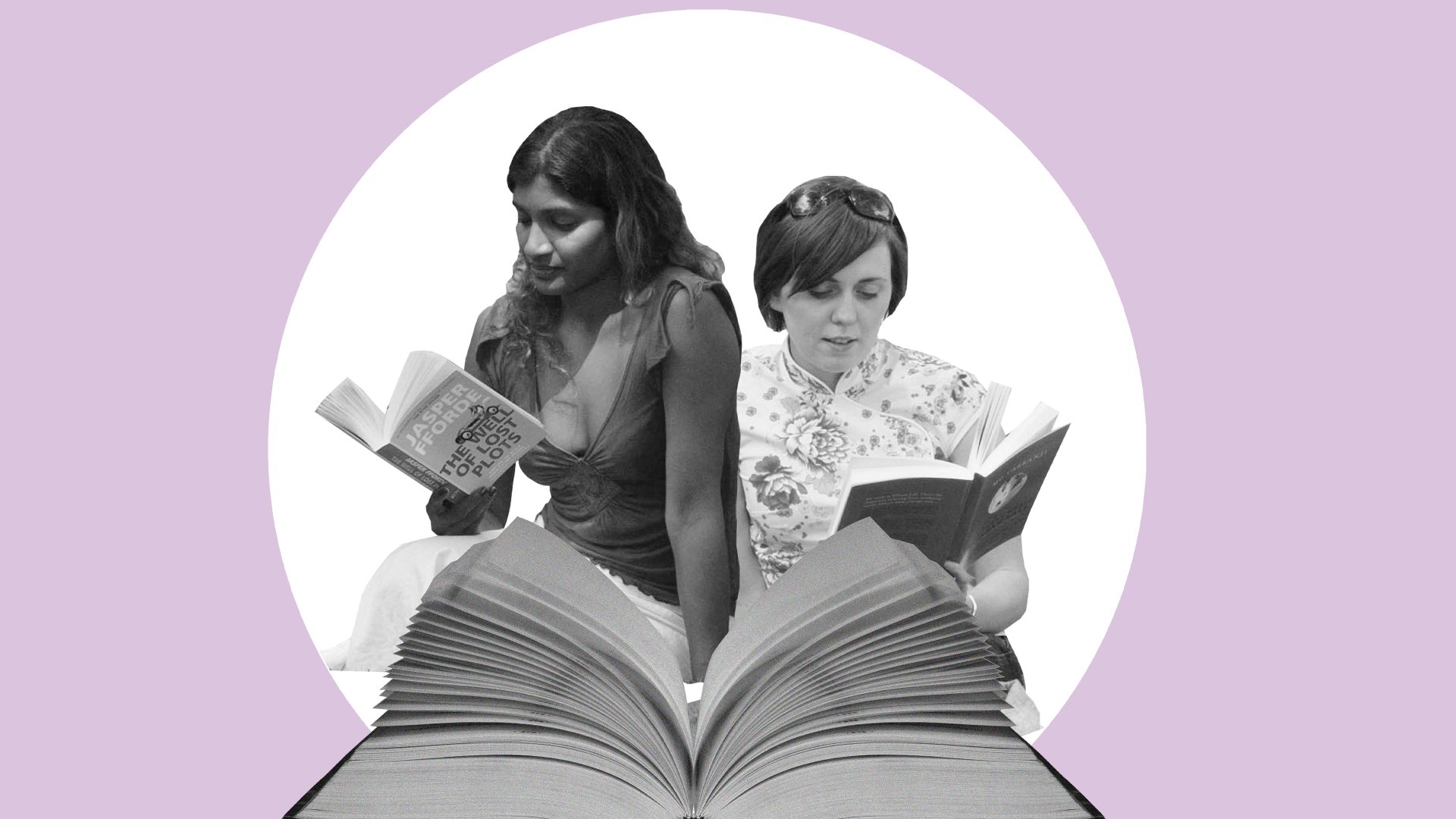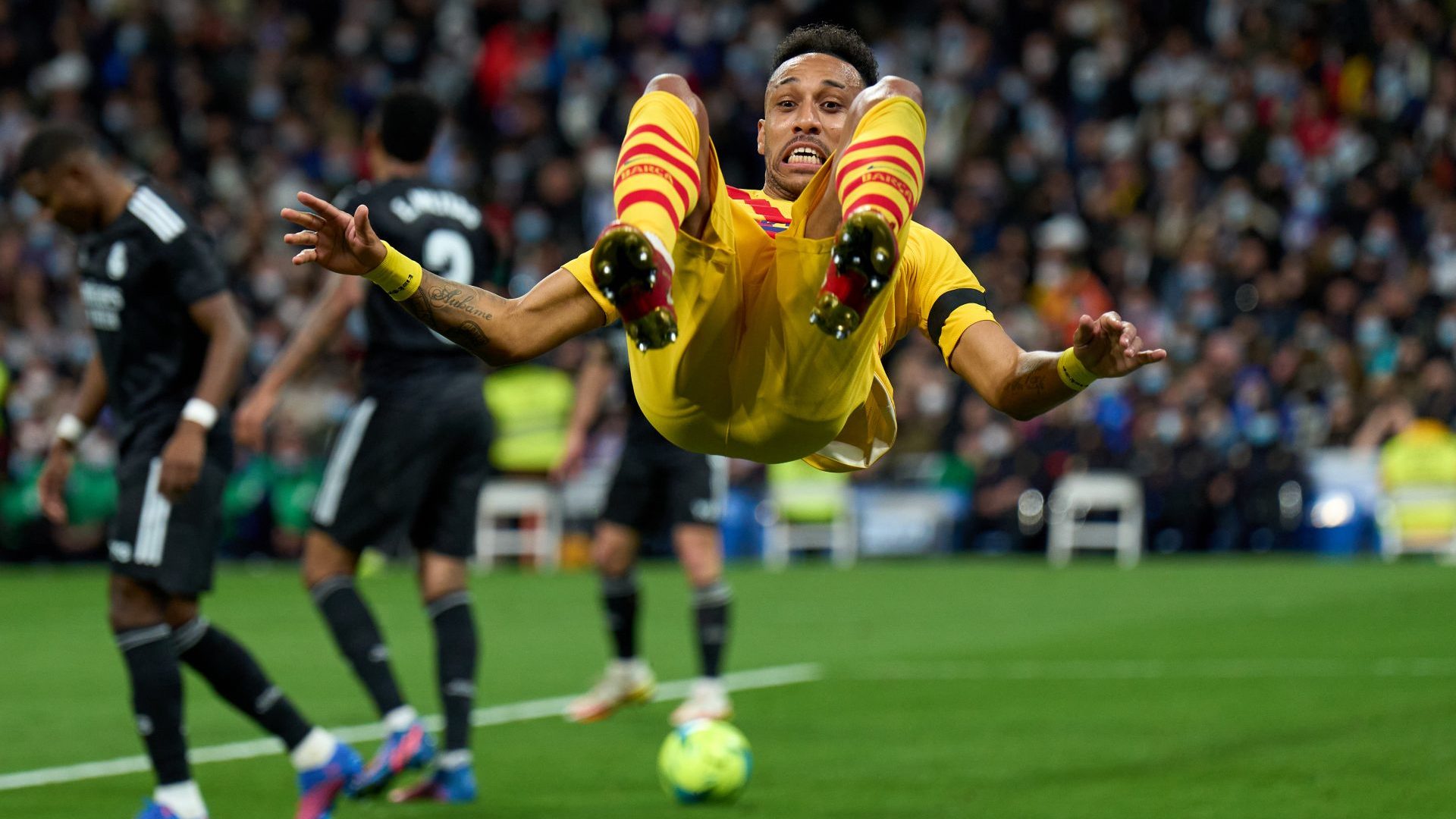Dave Rayner was 17 in 1984, the year he won British cycling’s amateur national junior road race championships and moved to Italy to further his career. In 1991, at the age of 24, he moved to the Netherlands to ride for the Buckler cycling team under former world champion Jan Raas. And in 1994, when he was 27, he died after an altercation with a bouncer outside a Bradford nightclub.
A year later, to ensure his memory and international ambitions lived on, the Dave Rayner Foundation was set up to help riders make a career from racing on the continent. Since then it has sent riders to ride for top European amateur and under-23 road racing teams. Successes include Adam Yates, winner of the young rider classification at the Tour de France
in 2016, as well as London-born British grand tour winner Tao Geoghegan Hart, who won the general classification at the 2020 Giro d’Italia.
But now there is an obstacle in the path of young cyclists hoping to make their way in Europe: Brexit.
It should be said that early-career professional cycling is nothing like football. Its teams are not analogous to even lower-tier football clubs and there is not much money involved. Riders at well-resourced teams will have a room in a “team house”, but at many teams, they will have to fund their living expenses as well as travelling up and down France, Belgium or Spain (among others) to race. They are also training upwards of 25 hours a week on the bike.
Riders supported by the Rayner Foundation will leave the UK, usually between the ages of 18 and 23, on their own between January and March. They will then usually stay in France, Belgium or Spain, racing for a local team for eight months and returning to the UK only for June’s national championships.
This setup – an apprenticeship for young riders – relies heavily on the free movement of people. The infrastructure to support their development simply doesn’t exist in the UK, where cycling may be a big minority sport – but is still a minority sport. Organising a road race is labour-intensive, requiring rolling road closures, police cooperation and various layers of insurance – it’s much more difficult to do than hiring a football pitch on a Sunday. In continental European countries, cycling is a sport steeped in history, with legends told of Fausto Coppi and Eddy Merckx to schoolchildren. This history has bred a very healthy racing scene, with the famously fast and dangerous kermesse (road bicycle race) found every week in Belgium. With top-level races every week, continental Europe is where you need to be.
In March 2020, Covid-19 lockdowns happened just as riders were setting out for Europe. Though top-level racing continued, albeit without fans, the amateur and under-23 scenes were decimated. The following year wasn’t much better, though the vaccine rollout meant the sport was able to return in the summer. But travel was still restricted and that masked another problem that had been quietly waiting in the background: Brexit.
With free movement gone, the rules allow riders to stay in Europe visa-free for 90 days in a rolling 180-day period. On the face of it, this would allow riders to travel to the continent to race and then return to the UK for the rest of the week, but this is not a sustainable solution for most riders: travel is expensive and places unwelcome strain on their bodies.
Riders looking for teams this coming season are realising that freedom of movement played a pivotal role. Visa-free travel remains the dream, but for now it is a pipe dream. Joscelin Ryan, rider liaison at the Dave Rayner Fund, feels the frustration of the young hopefuls currently in this situation. “These riders are 18, they didn’t get to vote in the referendum,” she points out. Ryan adds that the fund has faced a backlash for raising the issue, with one correspondent saying: “Stop complaining that you can’t go and ride your bikes all day in Europe.”
In June last year household names of the cycling world, including British Tour de France winners Geraint Thomas and Chris Froome as well as the winner of the inaugural women’s Paris-Roubaix, Lizzie Deignan, signed a letter to Oliver Dowden, the then secretary of state for digital, culture, media and sport, arguing that the current travel rules present a huge obstacle to the development of British talent. The letter laid out the importance of time spent abroad for young riders, saying: “What is clear to all of us is that we would not have made it this far without the intensity of regular top-level racing and the ability to test our limits in unfamiliar settings.”
It added: “The impact of Covid-19 across Europe has masked the problem in 2021, due to the subsequent restrictions in place on travel across borders. We fear that the absence of a robust solution by 2022 – whether in the form of an amateur sportsperson’s visa or other agreement – will see many riders lose the opportunity to gain such critical experience.” Since then Dowden has been replaced by Nadine Dorries, and there is not a lot of confidence within the sport that she will successfully deliver a solution.
Disproportionately affected are working-class athletes. Freedom of movement allowed them to ride abroad and chase their dreams. While well-off young people will be able to afford to travel more frequently, getting around the length-of-stay requirements, the less advantaged will now be grounded.
Free movement of people was a bridge to social mobility for many of these young cyclists. Some become top riders and earn very well. Others simply make a decent career in the sport, languages are learned and well-rounded and high-earning individuals return to the UK when the chapter of cycling has been closed on their lives.
These riders had no say in this issue. This is reflected across all walks of
life: young artists, students, scientists and athletes have had their careers
stifled by a reduction in mobility that they did not vote for or want.



